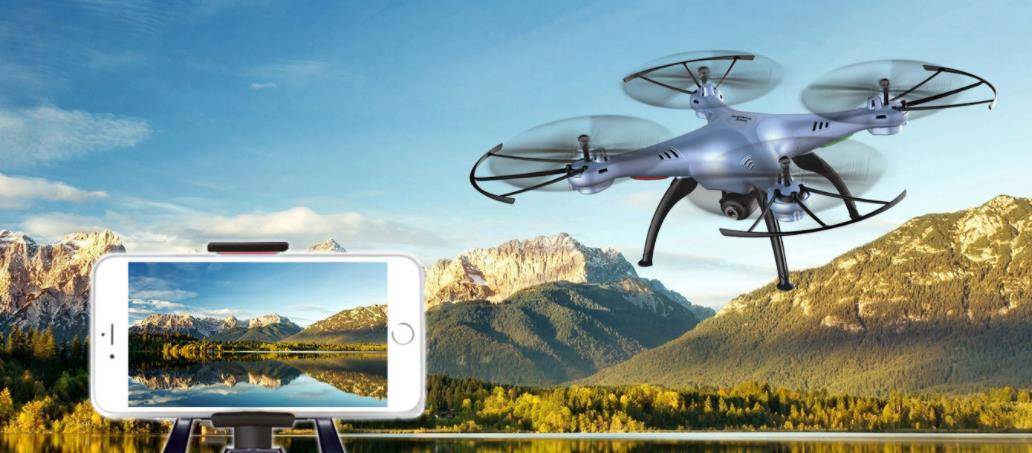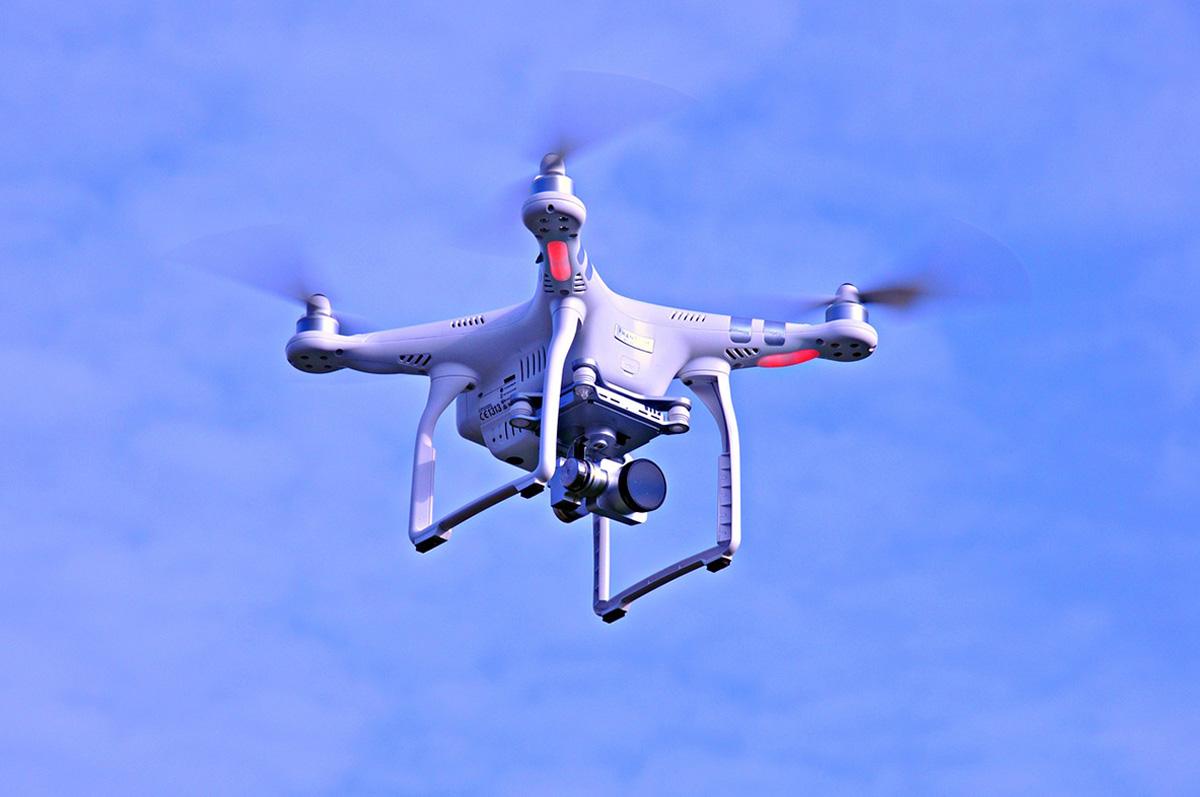Exploring the Influence of Drones in the Police Force
In recent years, drones have seen significant advancements and integration into various fields, including law enforcement. Their ability to provide aerial surveillance and reconnaissance has made them invaluable to modern police operations. The utilization of drones in the police force encompasses a wide range of applications that enhance the effectiveness and efficiency of law enforcement tasks. In this article, we delve into how drones are impacting contemporary police operations and their potential implications for the future.
Drones offer several advantages to police forces. Firstly, their ability to access hard-to-reach locations allows law enforcement to gather information that would otherwise be inaccessible. This becomes particularly useful in situations such as search and rescue missions, where timeliness and precision are of utmost importance. Additionally, drones enable real-time monitoring and assessment of crowd control scenarios during large public gatherings, aiding police in maintaining order and safety.
Enhancing Surveillance Capabilities

The deployment of drones has revolutionized surveillance strategies in policing. Equipped with high-definition cameras and thermal sensors, drones can efficiently track suspects, monitor crime scenes, and secure evidence without putting officers at risk. Moreover, their ability to operate discreetly provides a tactical advantage, especially in monitoring potential criminal activities without alerting suspects.
Improving Response Times
Drones have a notable impact on improving police response times to emergencies. By providing immediate aerial views of incidents, drones can relay vital information to units on the ground, ensuring swift and coordinated responses. This technology helps law enforcement to assess situations more accurately, leading to better-informed decisions and enhanced public safety.
Privacy Concerns and Regulations
While the benefits of drones in policing are evident, they do raise concerns regarding privacy and regulatory compliance. It is crucial to balance the advantages of drone technology with respecting the privacy rights of individuals. Policymakers and law enforcement must work collaboratively to establish guidelines that ensure drones are used ethically and responsibly.
Looking forward, the role of drones in the police force is expected to expand further as technologies advance. Innovations such as artificial intelligence and machine learning could enhance drone capabilities, enabling more autonomous operations and sophisticated data analysis, ultimately driving efficiency in law enforcement operations.

